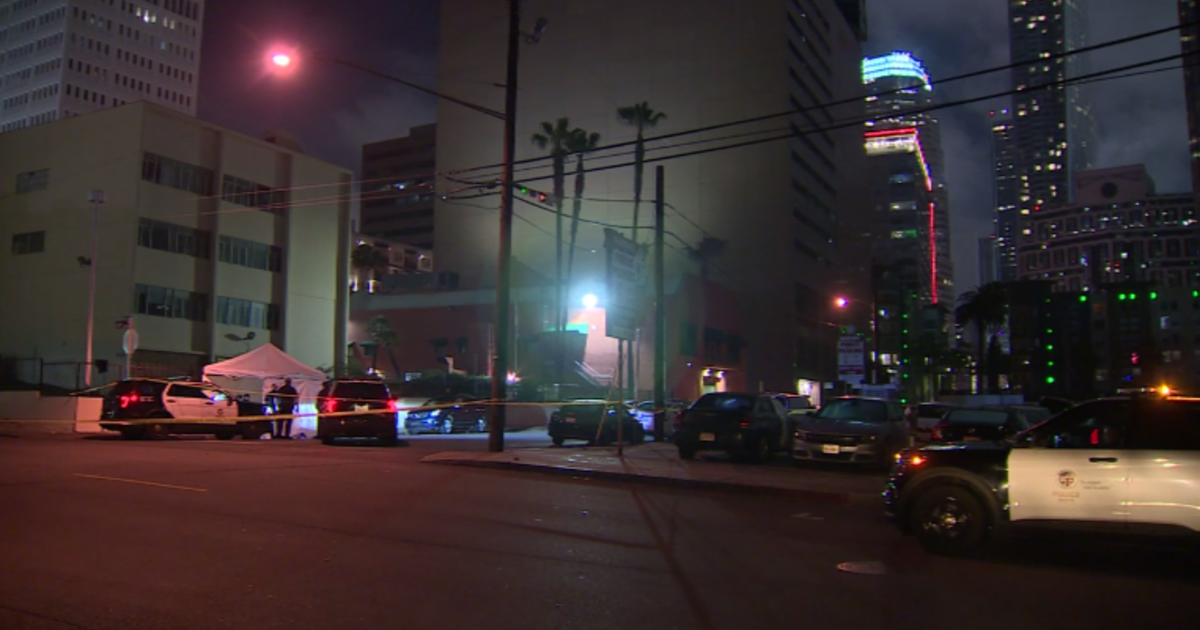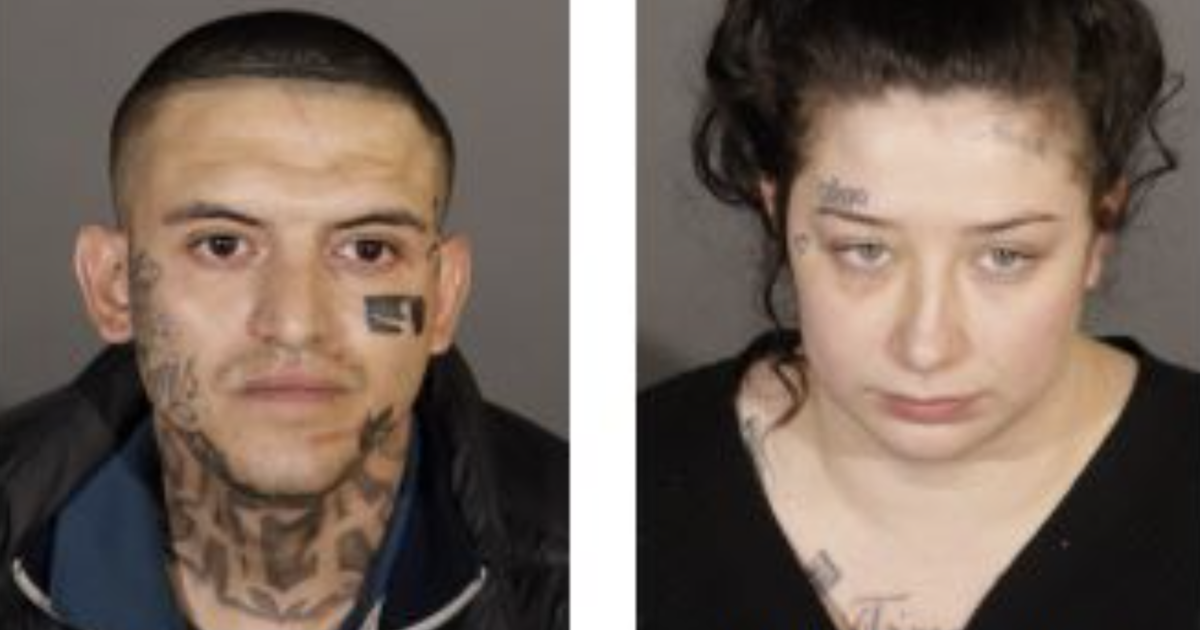Meghan Markle Details Painful Experiences With Racism
LOS ANGELES (CBSLA) -- The bombshell two-hour interview with Prince Harry and Meghan Markle led to shocking revelations, and some dealt with race and painful experiences they have had as an interracial couple.
"In those months when I was pregnant, and at the same time there was talk about no title, no security, and also concerns and conversations about how dark his skin might be when he's born," said the duchess, who identifies as biracial.
Harry said this about the role of the United Kingdom's media:
"Unfortunately, if the source of the information is inherently corrupt or racist or biased, then that filters out to the rest of society," Harry said.
Markle said the way she and Kate Middleton were treated differently at the core.
RELATED: 'I Was Desperate': Prince Harry And Meghan's Bombshell Interview
"This is not the same. Members of his family will comfortably say we all have had to deal with things that are rude. Rude and racist are not the same," Markle said.
Beyond Black and White, we wanted to explore the unique challenges that those who are biracial like Markle face.
In a 2015 interview with Elle Magazine, Markle said "being biracial paints a blurred line that is equal parts staggering and illuminating."
Dr. April Thames, a professor of psychology at the University of Southern California, said she too has experienced similar microaggressions.
"I've actually had that question posed to me before: If you had a child what do you think their skin tone would be? That is just such an offensive question," Thames said. "There is an element of isolation that is typically not experienced among people who are not of mixed race and that is because there's a sense that you don't necessarily belong to either side."
Marriage and family therapist Jennie Powe Runde says that is why she started a support group last summer specifically for people of mixed race.
"Many times people that are mixed say I don't feel like I fit in even in my own family," Runde said. "I clearly don't fit in in the wide culture and that feeling of isolation magnified so acutely under public scrutiny."
These women who CBS2/KCAL9 spoke with said the sense of isolation can be hard on mental and emotional health, and that it's important to be able to talk about race in a multi-faceted way.



